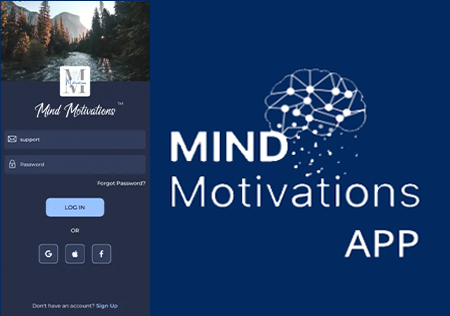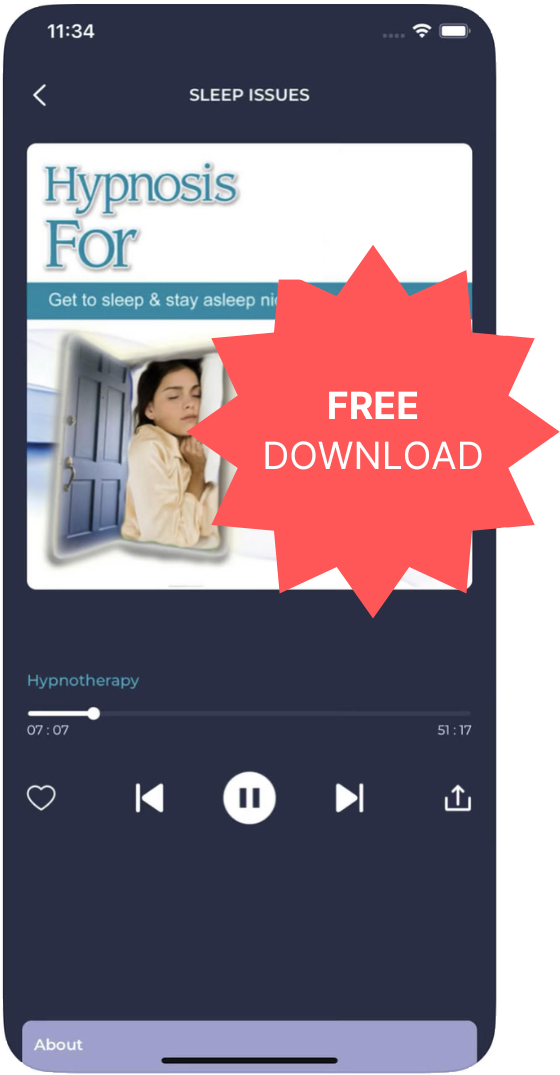Sleep Disorders

Workplace stress, including burnout and anxiety, is a growing concern that affects millions of professionals globally. These issues can lower productivity, hinder career growth, and negatively impact mental and physical health. While their causes may vary, mindfulness offers an effective and holistic approach to managing stress, improving mental clarity, and promoting emotional well-being. This article delves into the psychology behind workplace stress, its common causes, and how mindfulness can help.
What Is Workplace Stress?
Workplace stress refers to the physical and emotional responses that occur when job demands exceed an individual’s ability to cope. Two of the most common issues are:
- Burnout: A state of emotional, physical, and mental exhaustion caused by prolonged stress and overwork.
- Anxiety: Persistent worry or fear about work-related tasks or environments, often leading to reduced performance and well-being.
The Psychology and Causes of Workplace Stress
Workplace stress often stems from psychological and environmental factors:
- High Job Demands: Excessive workloads and tight deadlines can lead to chronic stress and burnout.
- Lack of Control: Feeling powerless in decision-making can contribute to anxiety and frustration.
- Poor Work-Life Balance: Inadequate time for personal life can create feelings of dissatisfaction and exhaustion.
- Unclear Expectations: Ambiguity in roles or goals can increase stress and reduce efficiency.
How Mindfulness Can Help with Burnout and Anxiety
Mindfulness, the practice of being fully present and engaged in the moment, is a proven method for reducing stress and improving overall well-being. It offers several benefits for addressing workplace stress:
Mindfulness for Burnout
Mindfulness helps to break the cycle of burnout by promoting relaxation, self-awareness, and emotional resilience. Techniques such as meditation and mindful breathing can:
- Reduce Overthinking: Shift focus from negative thoughts to the present moment.
- Enhance Emotional Regulation: Develop the ability to manage stressors without feeling overwhelmed.
- Improve Focus: Increase productivity by fostering clarity and concentration.
Mindfulness for Anxiety
For anxiety, mindfulness offers tools to manage worry and fear effectively. Regular practice can help:
- Calm the Mind: Reduce the fight-or-flight response often triggered by work-related stress.
- Build Confidence: Foster a sense of control over reactions to challenging situations.
- Promote Relaxation: Lower stress hormones and improve overall mental health.
Frequently Asked Questions (FAQs) About Mindfulness and Workplace Stress
-
Can mindfulness cure burnout?
No, mindfulness cannot "cure" burnout, but it is a powerful tool for managing symptoms and preventing recurrence. It works best when combined with lifestyle changes such as adequate rest and exercise.
-
How does mindfulness reduce anxiety?
Mindfulness reduces anxiety by helping individuals stay present, breaking the habit of overthinking, and promoting relaxation through techniques like meditation and breathing exercises.
-
How long does it take for mindfulness to work?
The effects of mindfulness can vary, but many people notice improvements in stress levels and emotional well-being within a few weeks of regular practice.
-
Can mindfulness be practiced at work?
Yes, mindfulness can be practiced at work through short exercises such as mindful breathing, body scans, or brief meditation sessions during breaks.
Conclusion
Workplace stress, including burnout and anxiety, can significantly impact professional and personal life. Mindfulness provides a holistic and practical solution by promoting relaxation, reducing overthinking, and enhancing emotional resilience. Incorporating mindfulness into daily routines can improve overall well-being and create a healthier work environment. Start small with techniques like mindful breathing or short meditation sessions to experience its benefits.

















Post new comment